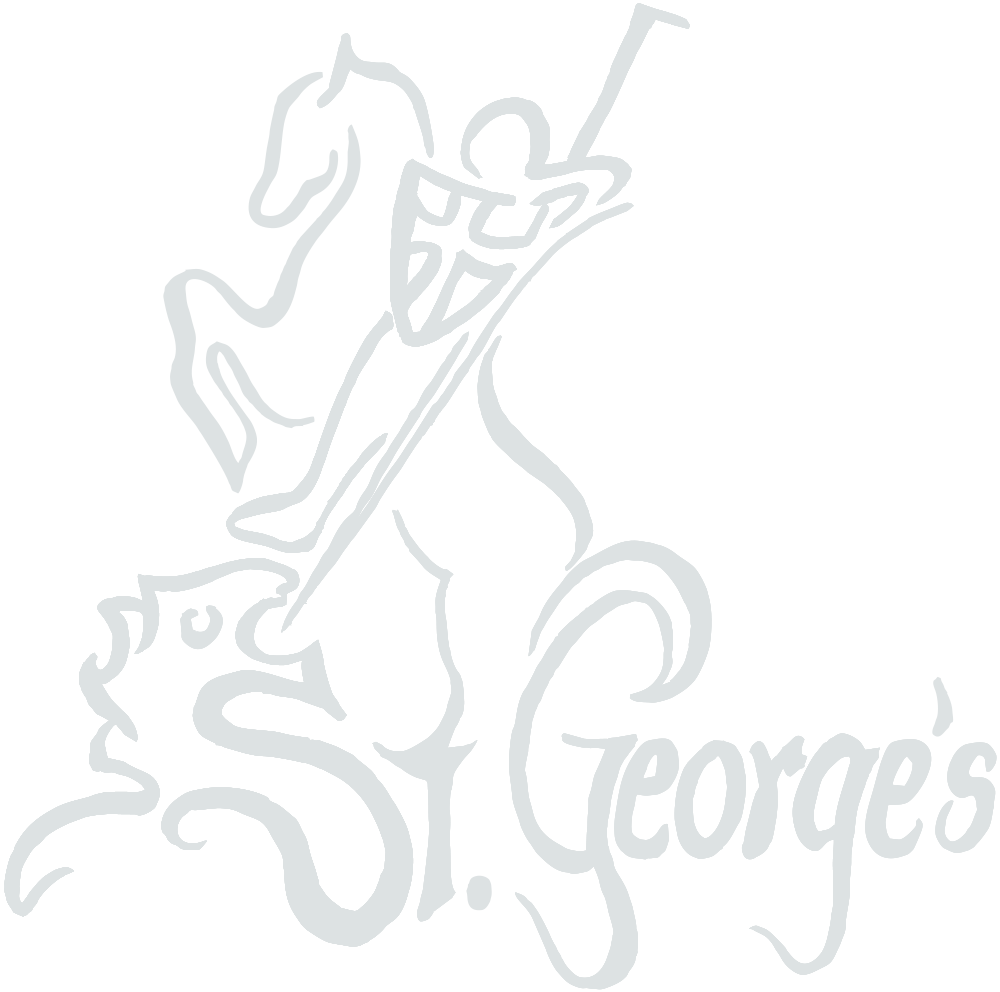The Curious Catholic
by Deacon Bob
This little reoccurring item is based on the bits of Catholic trivia I quote from many resources and books like Catholic Spiritual Practices, American Catholic Etiquette, Catholic Household Blessings and Prayers among others. Some items will be informative, some instructive and some humorous.
Have you ever wondered why Catholics do the things we do. There are many outward expression of our faith that are unique to the Catholic faith. We grew up doing them and have seen others in parishes all over the world doing them, but why?
Our answers will be researched and written in straightforward language. This would not be the place for a theological debate or discussion. This is the place, however, if you have ever wondered why we use incenses during Mass or why there is Holy Water at the church entrance. If you have any questions about the outward and visible expressions of your faith send them along and we’ll do our best to provide answers to your questions and share them with our community.
Duties of a Parishioner
In the Chapter “Duties of a Parishioner” and under the title ‘You and Your Pastor’ the paragraph begins with…
“In all your dealings with your pastor, try to keep in mind the fact that he is a very busy man. Make allowances for him if he does not do all that you think he should, or when you think he should.” And concludes with “Be friendly and brief”.
Part I. In the Chapter “Duties of a Parishioner” it quotes a humorous magazine article entitled “IF, IF, IF…” (worth reflecting on)
a. The pastor preaches over ten minutes he’s long winded,
if his sermon is short he didn’t prepare it.
b. The parish funds are low he’s a poor businessman,
if he mentions money he’s money mad.
c. He owns a care he’s worldly,
if he doesn’t he’s too late for sick calls.
d. He visits his parishioners he’s nosey,
if he doesn’t he’s being snobbish.
e. He has fairs and bazaars he’s bleeding the people,
if he doesn’t there isn’t enough social life in the parish.
Part II. In the Chapter “Duties of a Parishioner” we continue the quote a humorous magazine article on a pastor entitled “IF, IF, IF…” (worth reflecting on)
f. He takes time in confession to help advise sinners, he’s too long,
if he doesn’t he is not a good advisor.
g. He starts Mass on the minute, his watch is fast,
if he starts Mass late, he’s holding up the congregation.
h. He redecorates the church, he’s spending too much money,
if he doesn’t he’s letting it get run down.
i. He’s young, he’s not experienced,
if he’s old, he should be retired.
j. He dies, there’s none who will ever replace him.”
In the Chapter “Duties of a Parishioner” and under the title “Your Financial Contribution” tries to address a subject that many parishioners struggle to understand.
Your church is the spiritual powerhouse of your parish. Just as a powerhouse generates electricity from coal or steam to light a city, your church generates moral and spiritual energy to vitalize the congregation. This moral and spiritual energy is generated from the prayers, good works, and church attendance of the pastor and people, and from the financial support the church receives from its members. All share; all should contribute.”
Fasting (Part II)
“Fasting: reclaiming the ancient practice” (an abridged version)
Fasting teaches us to say no to ourselves in small things so that we may have the strength to say no to those people and systems and governments who want to use us to shore up their own power and profit despite the needs of others…
When we fast, we become voluntarily poor and so understand the needs of the poor…
When we fast, we say yes to the spirit and no to the lusts within us that drive us to live for money and power and profit and kind of engorgement that renders the rest of the world destitute…
Fasting surely has something to do with peacemaking. It puts us in touch with the Creator.”
FASTING
In the Chapter “Fasting: reclaiming the ancient practice” a section addresses a question. (an abridged version)
“How do we explain the meaning of fasting in our time? The answers ring with the kind of simplicity and depth common only to the holiest of disciplines.
Fasting calls a person to authenticity…
Fasting confronts our consumer mentality with a reminder of what it is to be dependent on God…
Fasting opens us to the truth. It makes space in us to hear others, to ask the right questions, to ingest the answers…
Fasting requires us to develop a sense of limits… (to be continued)








